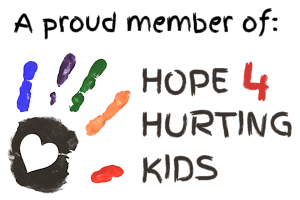
So, who should you turn to? In most tough situations in life, people will suggest that you turn to your parents, and in the midst of a divorce or separation it is important that you keep talking to them. Unfortunately, many times parents are not really available to help. They’re with too busy with their own lives or emotionally unavailable because of what they are going through in terms of the separation. Even if your parents are trying their hardest, there is a good chance that turning to them to share your emotions and frustrations isn’t really an option.
So, what about your friends? Chances are that you have friends who have also been through the separation of their parents. These friends can be a valuable resource for information or comfort or just a listening ear. A good friend can be a lifeline of sorts when you are dealing with tough times, and you are lucky if you have a friend like that. Many do not, or you are too embarrassed or reluctant to share all the intimate details of what’s going on in your family life. Or maybe you do have a friend like that, and it’s great to be able to talk to them, but they’re not particularly good about giving advice.
Perhaps you could try talking to a trusted adult or relative? If you can find an adult whom you trust to talk to and share what you’re going through with, that is an amazing gift. Many children of divorce have been helped immeasurably by an aunt and uncle, grandparent or family friend. Sometimes, though, people are reluctant to talk to you because they don’t want to be seen as taking sides or because they just don’t know what to say. You may need to pick an adult that you trust and ask them if it would be ok if you talk to them about what’s been going on in your life.
There are other options that may be even easier. There are groups available that will help you to process the emotions you are feeling and the things you are living through. Many of these groups bring together other people in similar experience along with someone to help lead the group to provide tools and insight into what you are going through. Such groups can help you to move from the pain and turmoil that you may currently be feeling to hope and healing. Look for a The Big D: Divorce Through the Eyes of a Teenager group in your area and sign up. If you don’t have a local group, or you prefer something a little different than a face-to-face group, we offer free online support groups for teens here on I Am A Child of Divorce. This 16 week program is conducted entirely online and will provide you with tools and advice on how to deal with your parents divorce/separation by engaging with a group of other teens in similar situations and an adult facilitator who is there to help.







